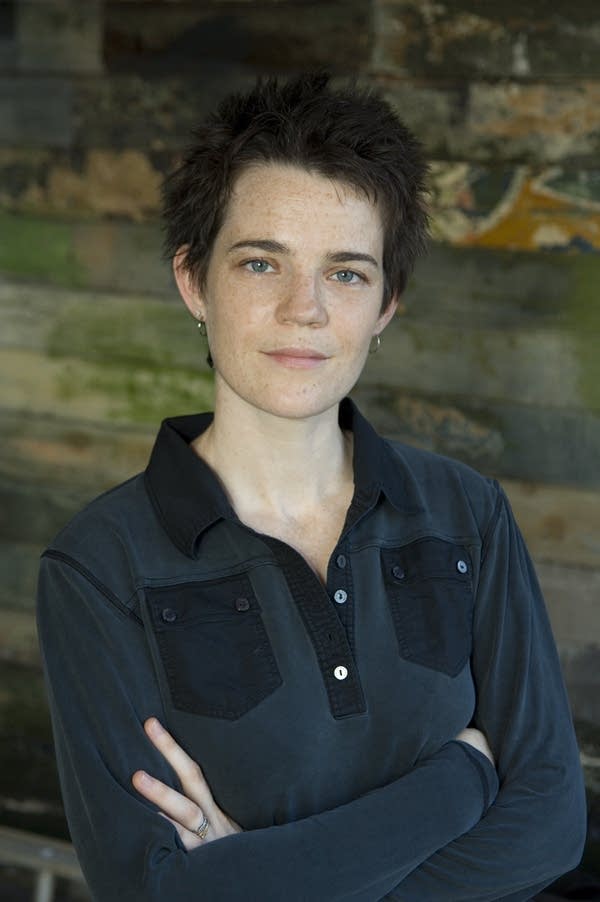'Push Girls' takes disabled people out of their usual TV roles
Go Deeper.
Create an account or log in to save stories.
Like this?
Thanks for liking this story! We have added it to a list of your favorite stories.

Haddayr Copley-Woods is a copywriter and blogger, as well as a source in the Public Insight Network for MPR News.
Disabled people on TV have a very specific job: to make able-bodied people feel good about themselves. We get Very Special Episodes like: Girl with Downs Teaches Bullies a Very Important Lesson, or Brave Boy with Spina Bifida Teaches Football Player to Face His Fears, or Noble Girl with Cerebral Palsy Teaches All of Us to Treasure Every Moment.
These stories reduce the humanity of disabled people to a mere lesson. They tell us: Disabled people do not exist to eat, drink, have kids, pursue dreams, swear, make mistakes, or make a living. They exist solely to teach real people a very important lesson. It's so "inspirational!"
Enter "Push Girls."
Turn Up Your Support
MPR News helps you turn down the noise and build shared understanding. Turn up your support for this public resource and keep trusted journalism accessible to all.
Sure, it's reality TV — which can feel like being stuck next to that obnoxious twit at the coffee shop, loudly oversharing about her boring relationship issues. And the pilot spends too much time on what accident or illness disabled the cast members — a topic of fascination to able-bodied people — accompanied by that musical note designed to indicate sinister tidings: "DJGHOOOOOOOM."
But you should watch it anyway, because it goes directly against the Very Special Episode grain.
It does this with lines like Tiphany's: "Yes, I can have sex. Lots and lots of sex." Or the image of Mia, confidently bumping down the front steps of her boyfriend's house on her way to work. Or with Autie dancing in her chair and going grocery shopping. Or with images of gorgeous wheelchairs in leopard prints with tricked-out rims.
More than that, it covers real issues: like trying to live on Social Security. Needing more care than insurance will cover. Looking for a job.
Angela's experience in this is particularly painful for me to watch, because it is so familiar. A professional model before her accident, she calls agent after agent looking for new representation with no luck. One even says baldly: "I can't think of much advertising featuring models in wheelchairs." She hires a photographer to do head shots for her, but he physically recoils when she has leg spasms. He later compares this gorgeous woman's modeling efforts to those of an armless man who wants to pitch.
Angela's deep anger, even while politely, anxiously trying to educate this freaked-out jerk, rang very true to me. It's important for able-bodied people to see scenes like this. For us gimps, it is astounding to see these familiar moments play out on the screen.
So I'm going to keep watching, and I hope you will, too. Also? I really need to learn how to bump my own chair down steps. Seeing the Push Girls do this with such style was . . . dare I say it? Inspirational.




